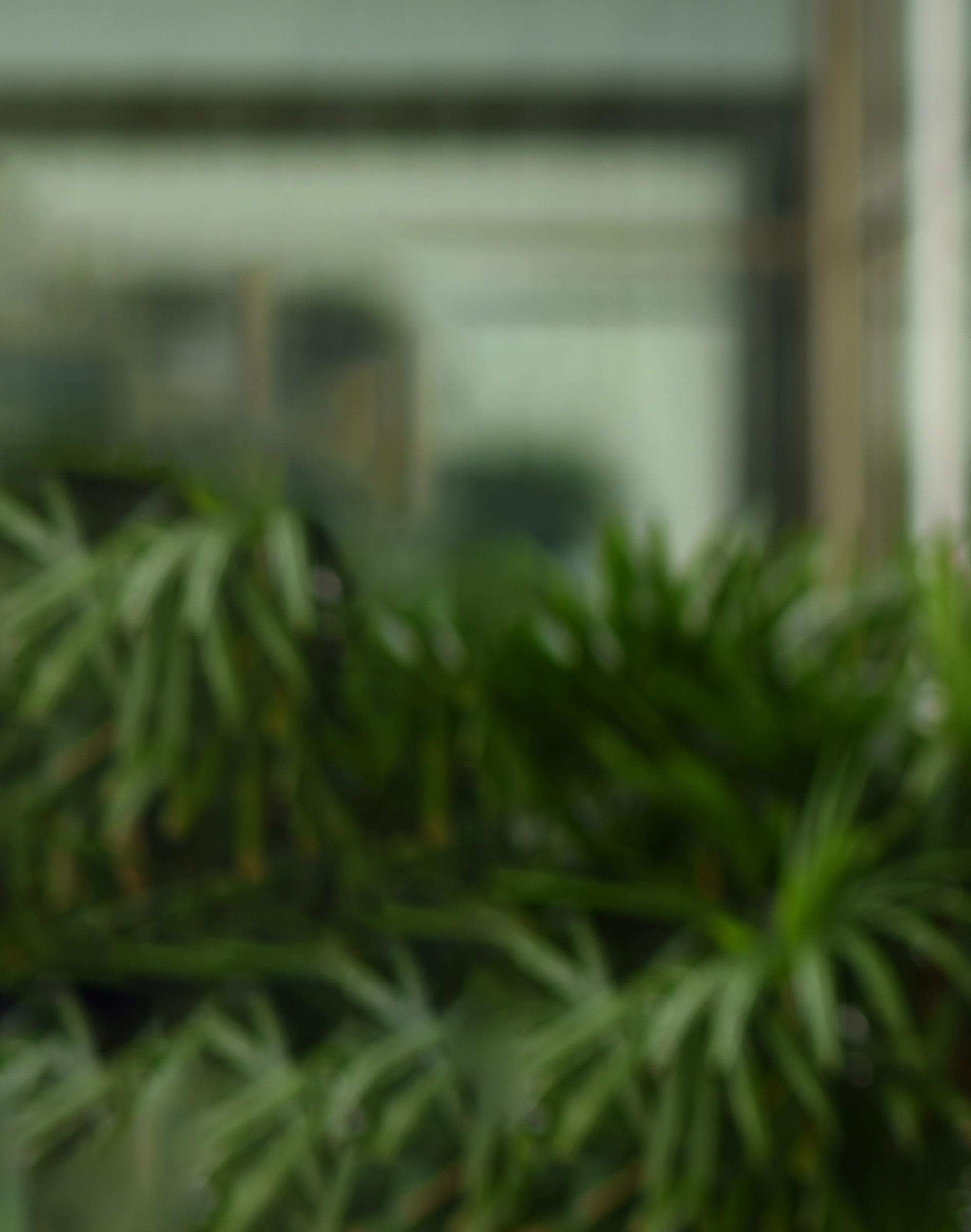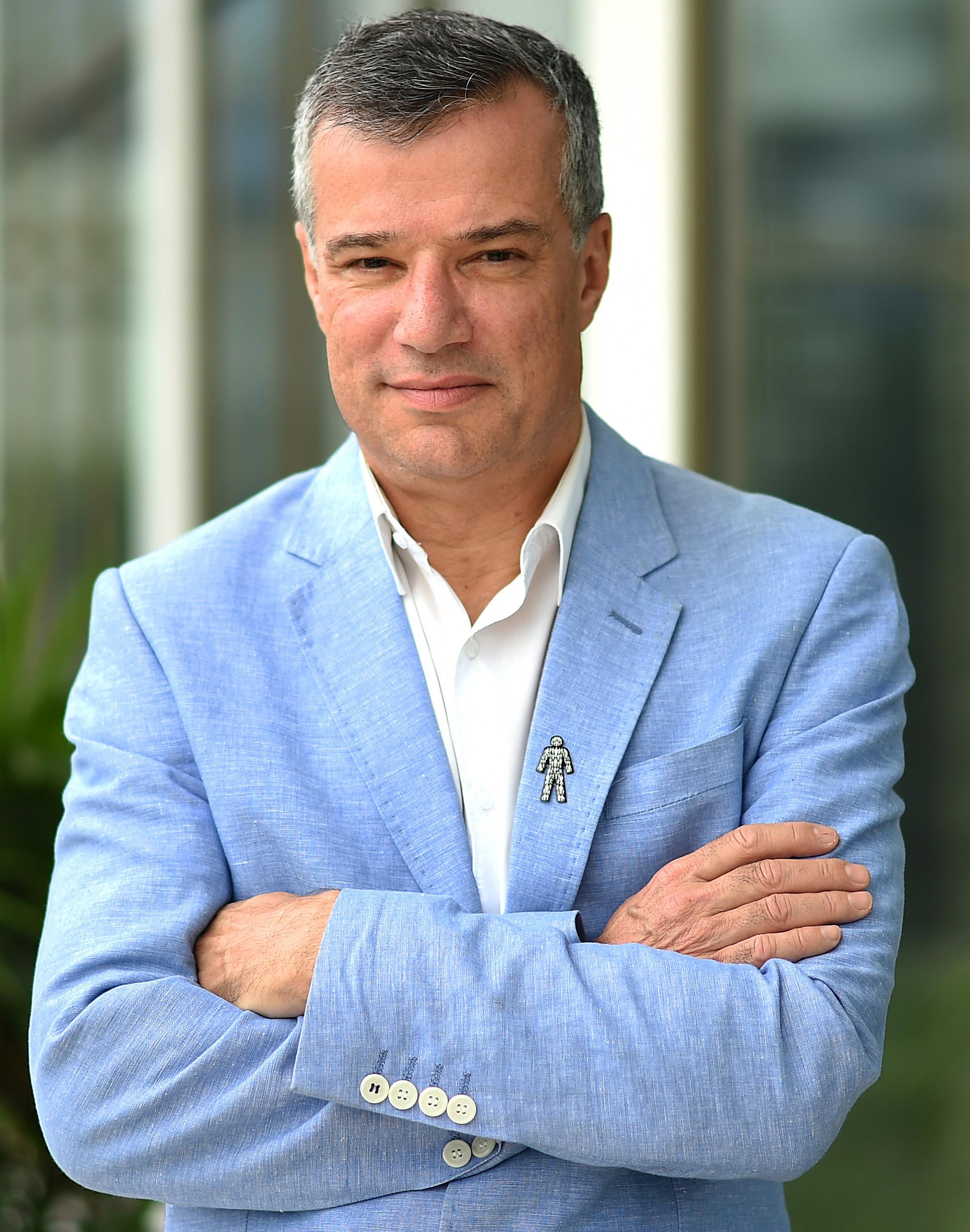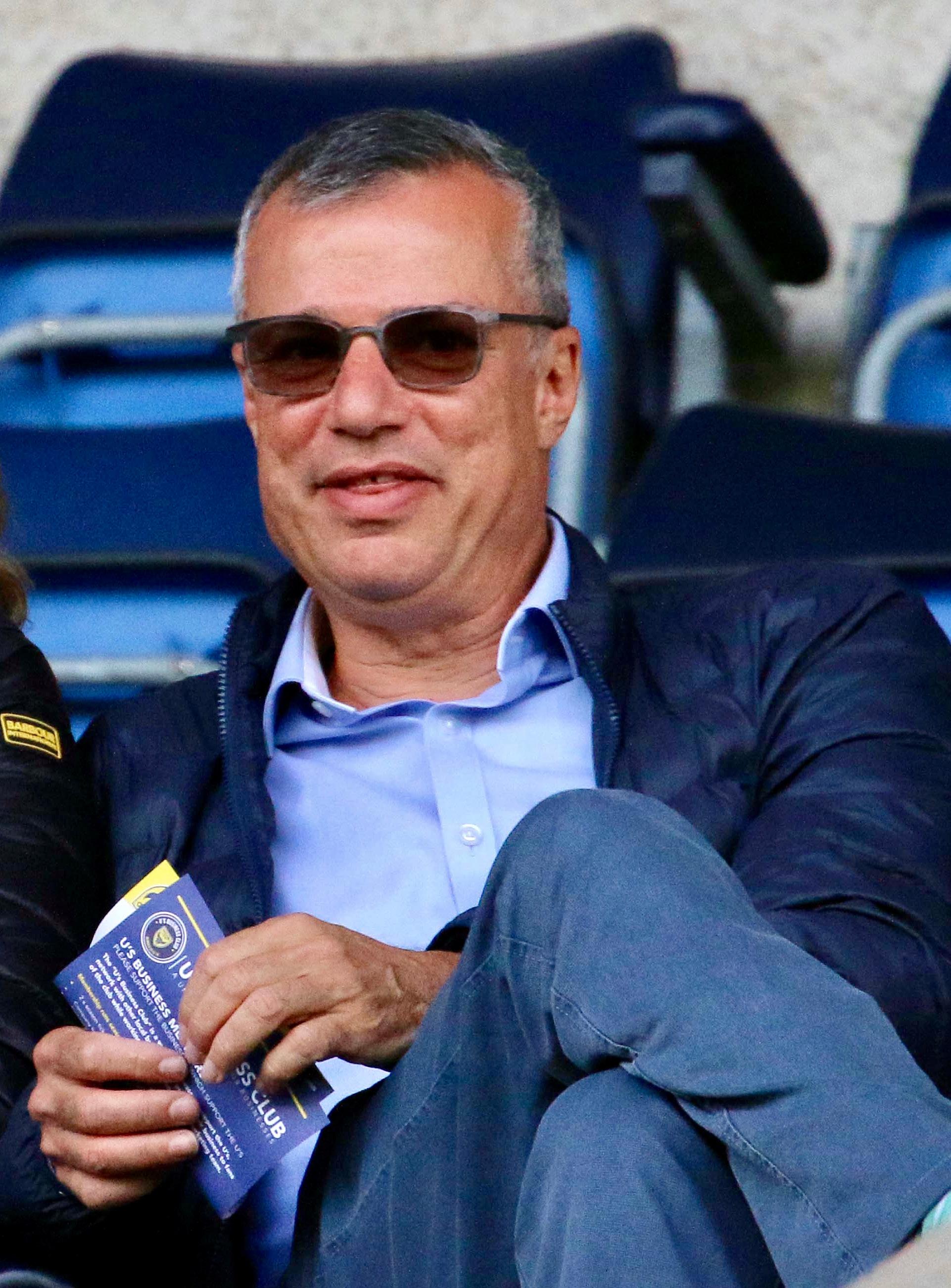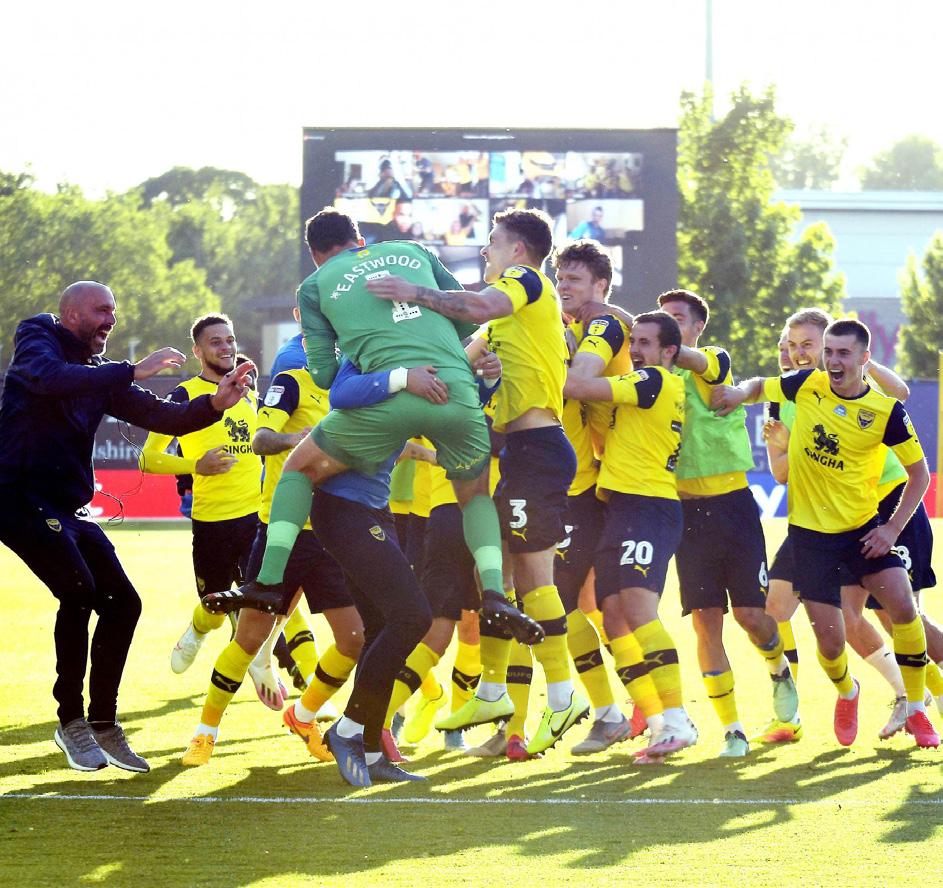
7 minute read
Oxford United’s mindset master
English football’s only psychotherapist helping Oxford United’s players conquer lockdown
Gary Bloom, sports psychotherapist at Oxford United addresses several challenges of supporting players’ mental health during lockdown, the effects of playing behind closed doors and the importance of exploring dual careers alongside sport.
Advertisement
Bloom is a clinical psychotherapist working from Cognicity’s Harley Street clinic in London and specialising in treating elite sportsmen and women with clients from across the sporting world, including football, rugby, cricket, horseracing, and snooker.
He is the only psychotherapist in English football and a key part of the player care service that has aided Oxford United’s transformation from relegation strugglers last season to play-off finalists in the 2019/20 season.
Involved at every level of Oxford United, Bloom works with the first-team and academy from U23 level to U9s, working with players when it comes to performance anxiety, including challenges that include injury, poor onfield form and personal matters away from the pitch.
Previously, Bloom was a sports broadcaster and he brings together his two professions though his talkSPORT radio show ‘On The Sporting Couch’.
Speaking with PSN, Gary emphasises that “we all have mental health as well as physical health” and that psychotherapy is a “talking cure for mental health issues” treating things such as anxiety, depression and addictive behaviours and relationship issues. His role does not exist anywhere else in English football. “One of the greatest shocks I [Gary] came across is that I thought there must be 15, 20, 30, 40 people like me working inside of football clubs, but there isn’t. You need people like me on the training ground, in the dressing rooms, week to week.
“If I was a new manager going into a club, I would be looking for a psychotherapist to work alongside me. The research shows that you get a 7 to 15 per cent increase in productivity and success normally when you do – which could have saved two or three clubs if you look at the bottom of the championship.”
The importance of a psychotherapist in sport is even more evident in today’s current climate. Infectious disease outbreaks, like the current coronavirus pandemic can be scary, affecting everyone’s mental health and one of the feelings millions of us are experiencing during the current pandemic is loneliness. While players resided to their homes and were forced to take a break mid-way through the



season, Gary among others at Oxford United, stayed in touch with players speaking with those who may be finding it particularly difficult on a regular basis.
Gary explains that “there is a big difference for someone being in lockdown who is at home with their wife and family – which can be great to have that socialisation – compared to an overseas player who is living in this country away from his family.” Like most other clubs, Oxford United participated in remotely coordinated training sessions via Zoom video conference calls. The virtual meetings became a staple of daily life for the club’s players with a structured training plan for everyone.
Technology these days means that everything is instant and you can’t get away for not putting the work in and it was important for Gary to find out support players who were not quite coming up to scratch with the stats.
“Some players really surprised us by coming back fitter than they were before the break and then there was those who found it a lot harder,” Gary explains, “we were monitoring a whole bunch of things,

of how different people respond. I think the most demanding bit of work was ‘can we come back as a group after being away from each other for so long?’.”
“As it happened, we [Oxford United] came back and was quickly into the play-offs, so I [Gary] then returned to the group where we had COVID testing twice a week and then back into the bubble of the group by helping to prepare for two important [EFL League One play-off] semi-finals and then the final.
“The first we needed to do was design a psychological element for a penalty shootout, which we won against Portsmouth.”
When questioned on the biggest challenges with returning, his response is short “helping to try and get back to the sense of unity prior to lockdown,” he follows up that it was a challenge “to deal with players who are also finding it difficult [to adjust]. We had two players who found it particularly difficult, one whose wife was pregnant and another one who had a new-born baby, so they both had concerns over them falling ill or catching COVID-19.”

With the football season being completed behind closed doors and potentially next season following beginning in the same fashion, how does having no fans spectating affect the players and the game?
“It’s not an easy situation to find yourself in,” Gary explains, “There are specific things that we worked on and talked a lot about. A lot of my work involved telling the manager what the psychological implications might have been to play behind closed doors. For example, we had to work out that there are two types of footballers… There are those who would play on a Sunday afternoon on a recreation ground and love playing sport, and there are entertainers who love playing in front of a crowd and gain their energy and get a lot out of playing in front of a live audience. And we have to help these mix in so that the entertainers can get their energy from different sources.
“The way you do that is start thinking about slight subtle changes whereby the crowd absence needs to be replicated by what’s going on, on the pitch. So, we tried to get people a lot more vocal with each other and encouraging the quieter lads in the team, explaining that they needed to vocal.”
In line with Premier Sports Network’s Life Skills initiative that engages directly with young professional athletes to offer further support and guidance with dual career opportunities, we were interested to find out the importance of dual careers to minimise the loss of sport at the end of one’s playing career.
“Football especially lags behind rugby by miles, and the sport hasn’t really got to grips with this, maybe because of the financial rewards inside football that player can be immersed in their financial gains and therefore don’t think about a career [elsewhere] that rugby and cricket players do.”
“On a psychological level, players who play a second sport at an amateur level, whether it be golf, tennis etc., tend to be a lot more proficient in their primary sport, improving their hand-eye coordination and the different ways of seeing a bouncing ball. So I would encourage player to take up a second sport as long as it doesn’t compromise their primary sport. And I also encourage any footballers to really think about different industries.
“It can be easier for recovery if they [players] do have something else.”
“We all have mental health as well as physical health and the quickest way to look after yourself, when you’re sitting there at home ruminating over the meaning of life, is to get out and do something, meet people and explore other interests.”
Prior to lockdown, Gary hosted the first ever sports psychotherapy conference, which welcomed more than a dozen football clubs and a number of psychologists and psychotherapists to share best practice on the topic of mental health in football.
In February 2021, Gary will be publishing a novel drawing on his experiences from real-life events, in the form of fictional characters.
Any professionals working within sport that would be interested in speaking with Gary, he is open to an open discussion. Please contact Gary at g.bloom@ cognacity.co.uk










